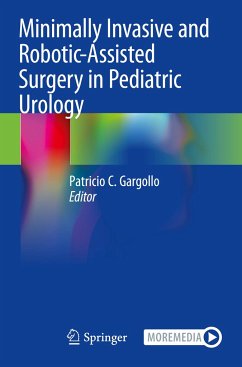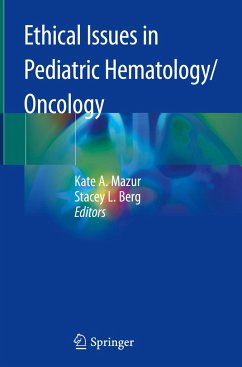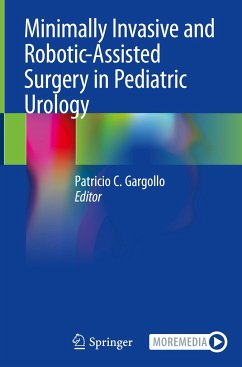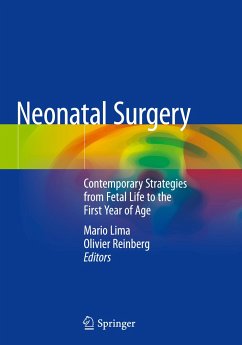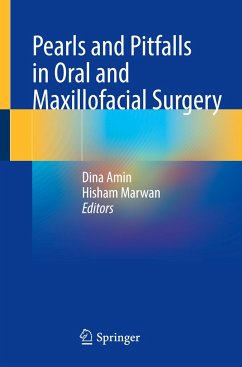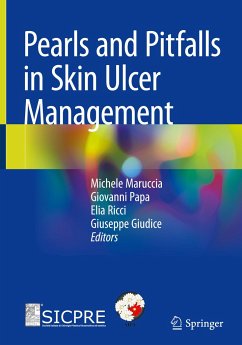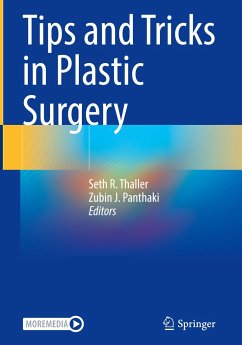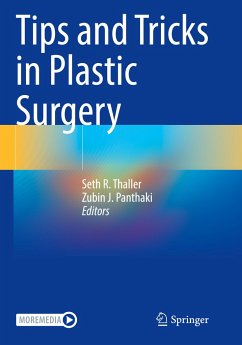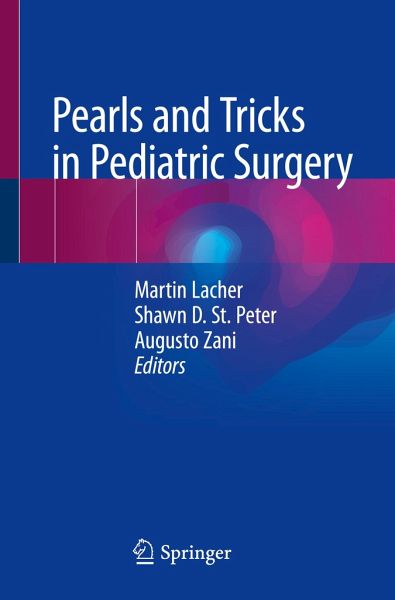
Pearls and Tricks in Pediatric Surgery

PAYBACK Punkte
46 °P sammeln!
Providing core information on pediatric surgery, this book serves as a supplement to standard pediatric surgical textbooks. It offers pearls of wisdom that will help those who participate in pediatric surgical care, as well as to provide state-of-the-art insights based on physiological principles, literature reviews, and clinical experience.This book is an ideal tool to help readers prepare for questions they will be asked on ward rounds, in the OR, or in oral exams. The depth of exploration is intended for medical students, residents in pediatrics and pediatric surgery, pediatric surgical tra...
Providing core information on pediatric surgery, this book serves as a supplement to standard pediatric surgical textbooks. It offers pearls of wisdom that will help those who participate in pediatric surgical care, as well as to provide state-of-the-art insights based on physiological principles, literature reviews, and clinical experience.
This book is an ideal tool to help readers prepare for questions they will be asked on ward rounds, in the OR, or in oral exams. The depth of exploration is intended for medical students, residents in pediatrics and pediatric surgery, pediatric surgical trainees, pediatric nurse practitioners, primary care pediatricians, and family practitioners.
This book is an ideal tool to help readers prepare for questions they will be asked on ward rounds, in the OR, or in oral exams. The depth of exploration is intended for medical students, residents in pediatrics and pediatric surgery, pediatric surgical trainees, pediatric nurse practitioners, primary care pediatricians, and family practitioners.





